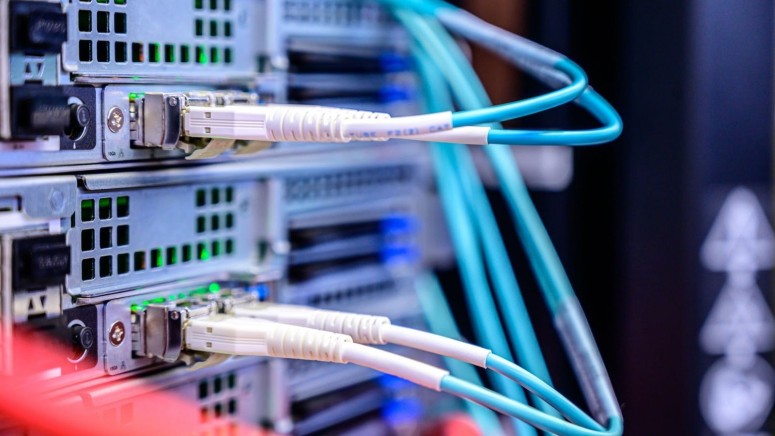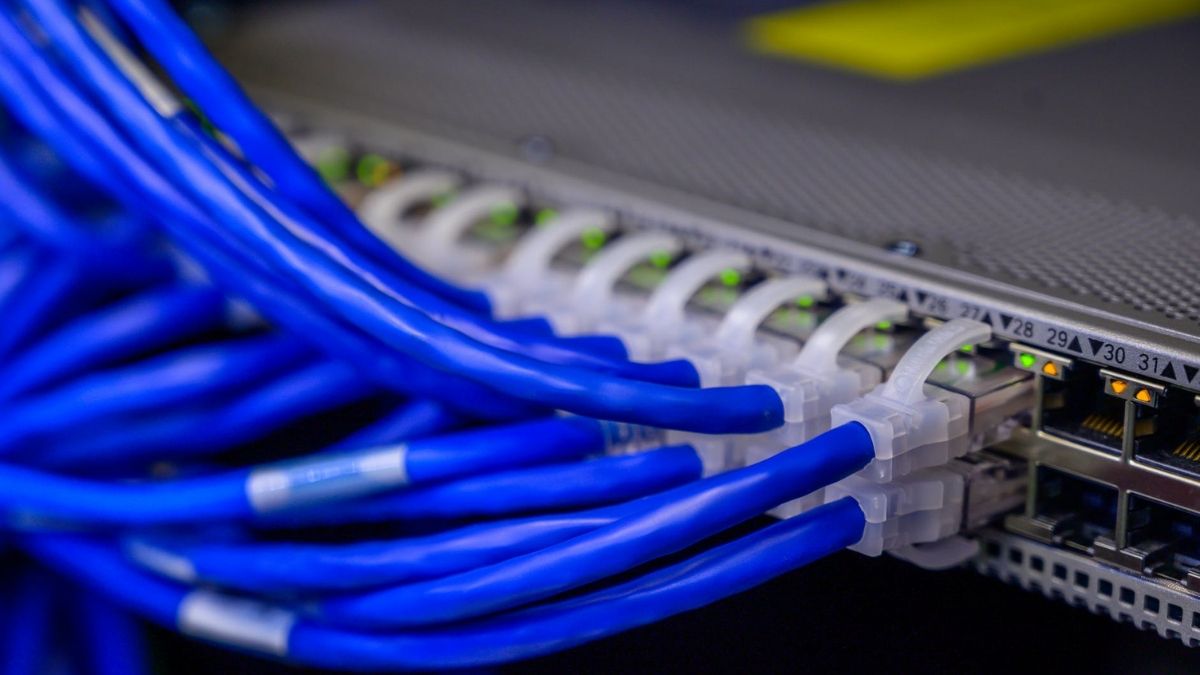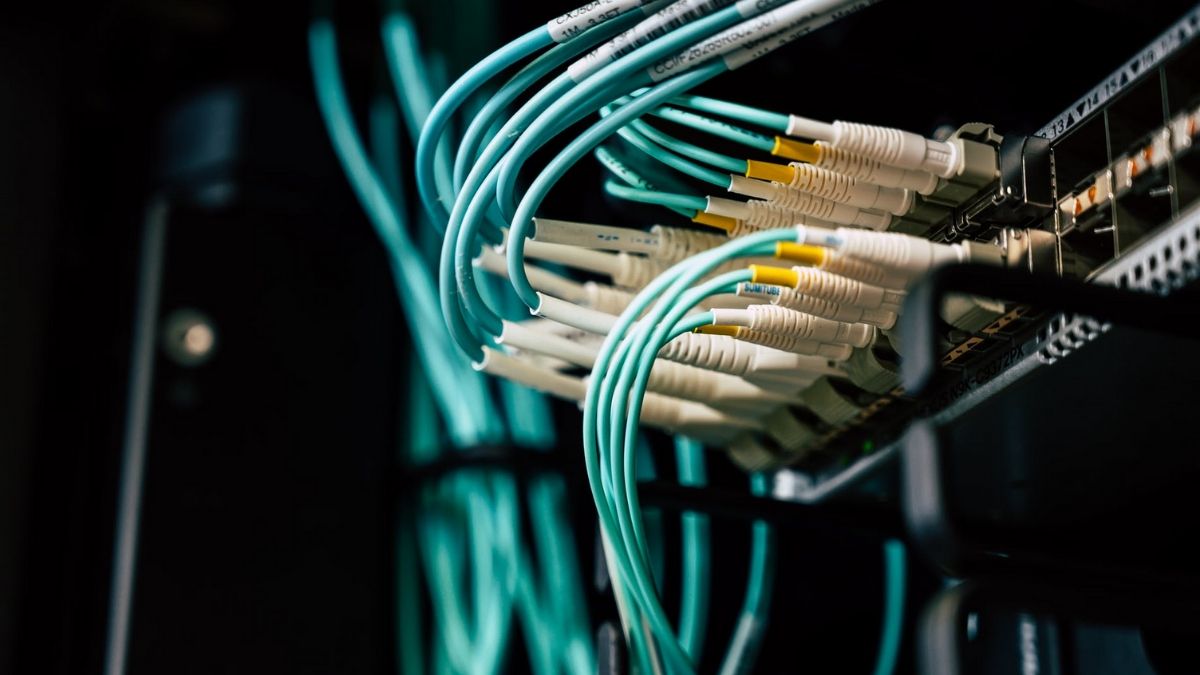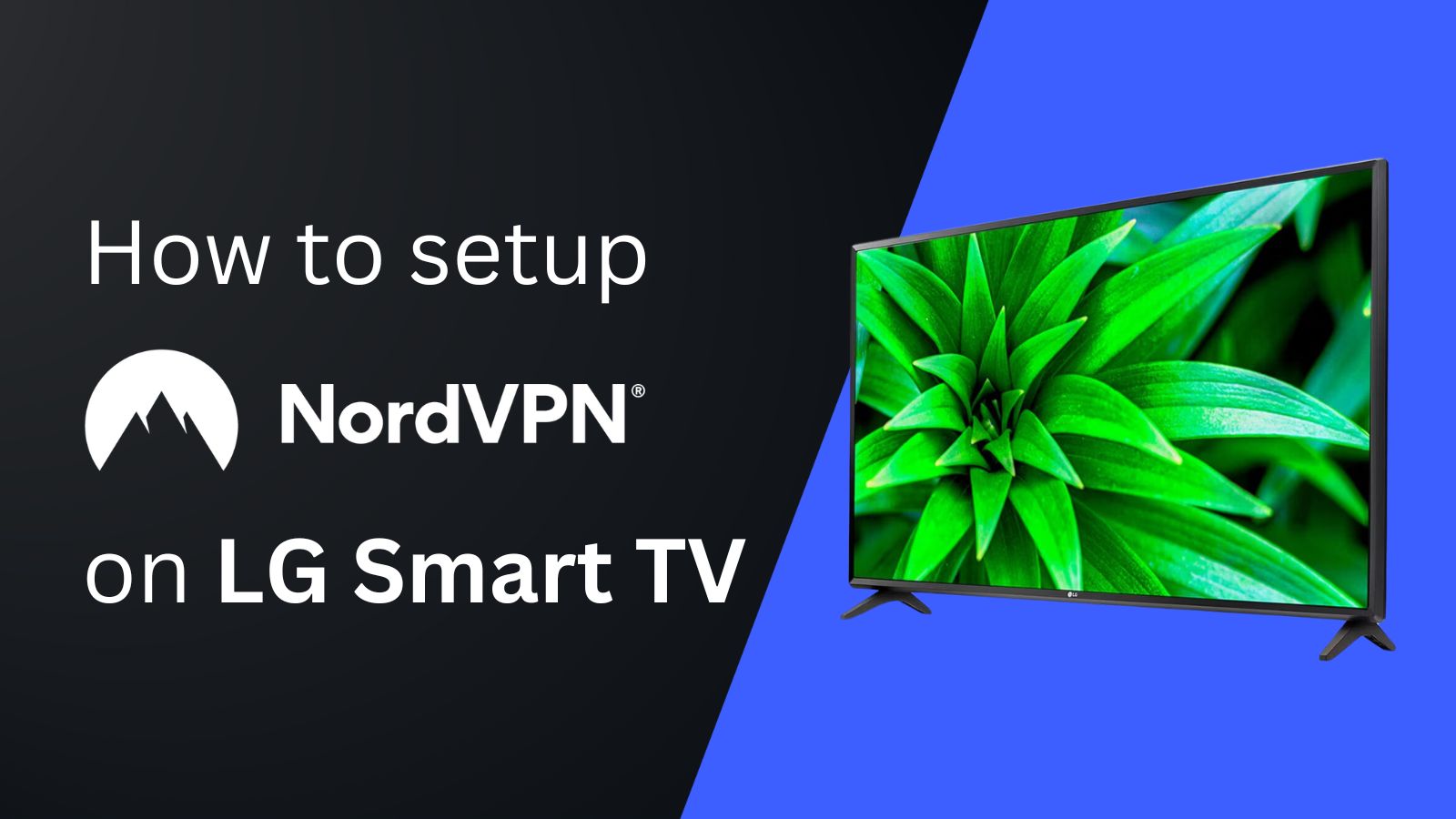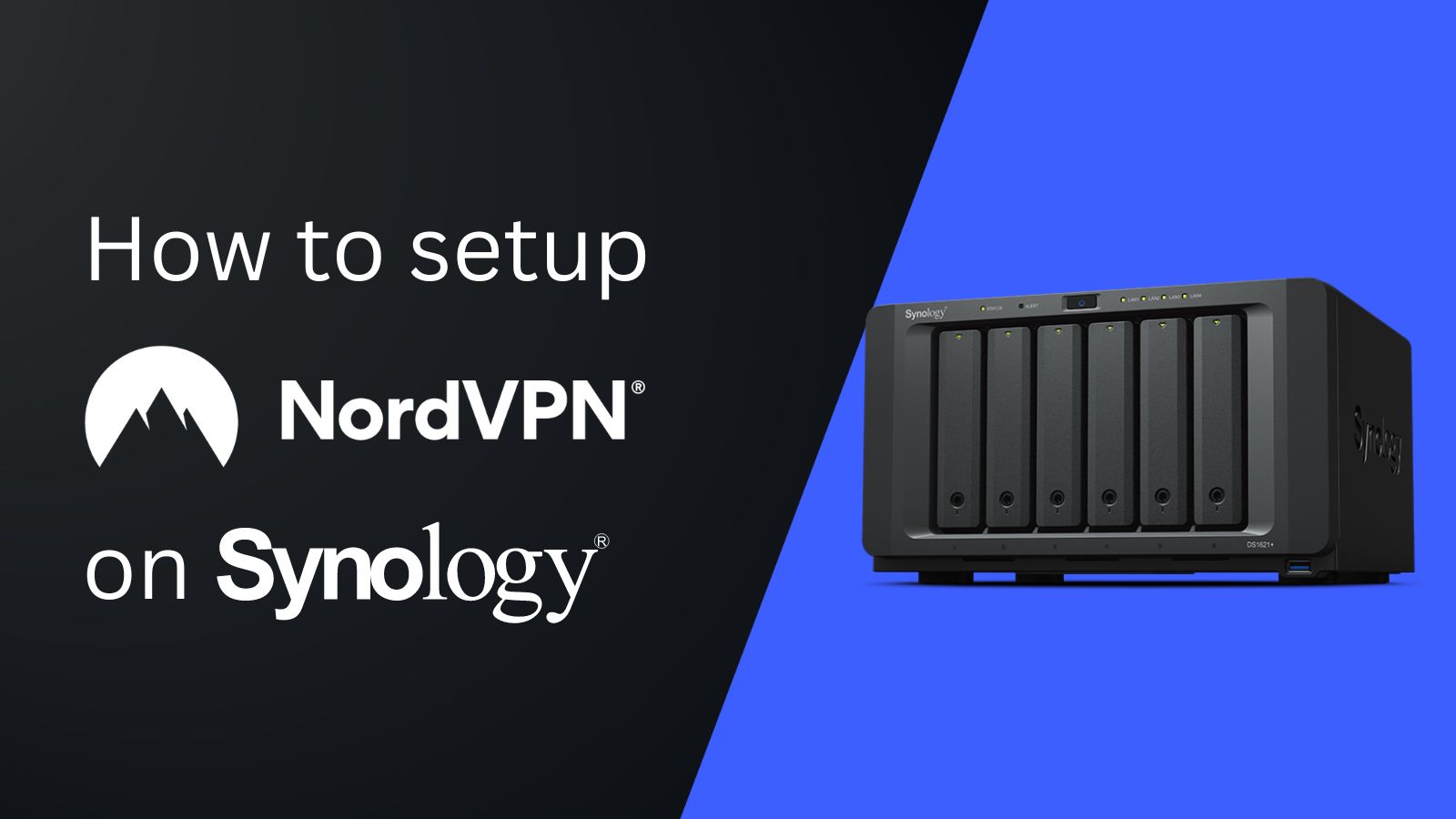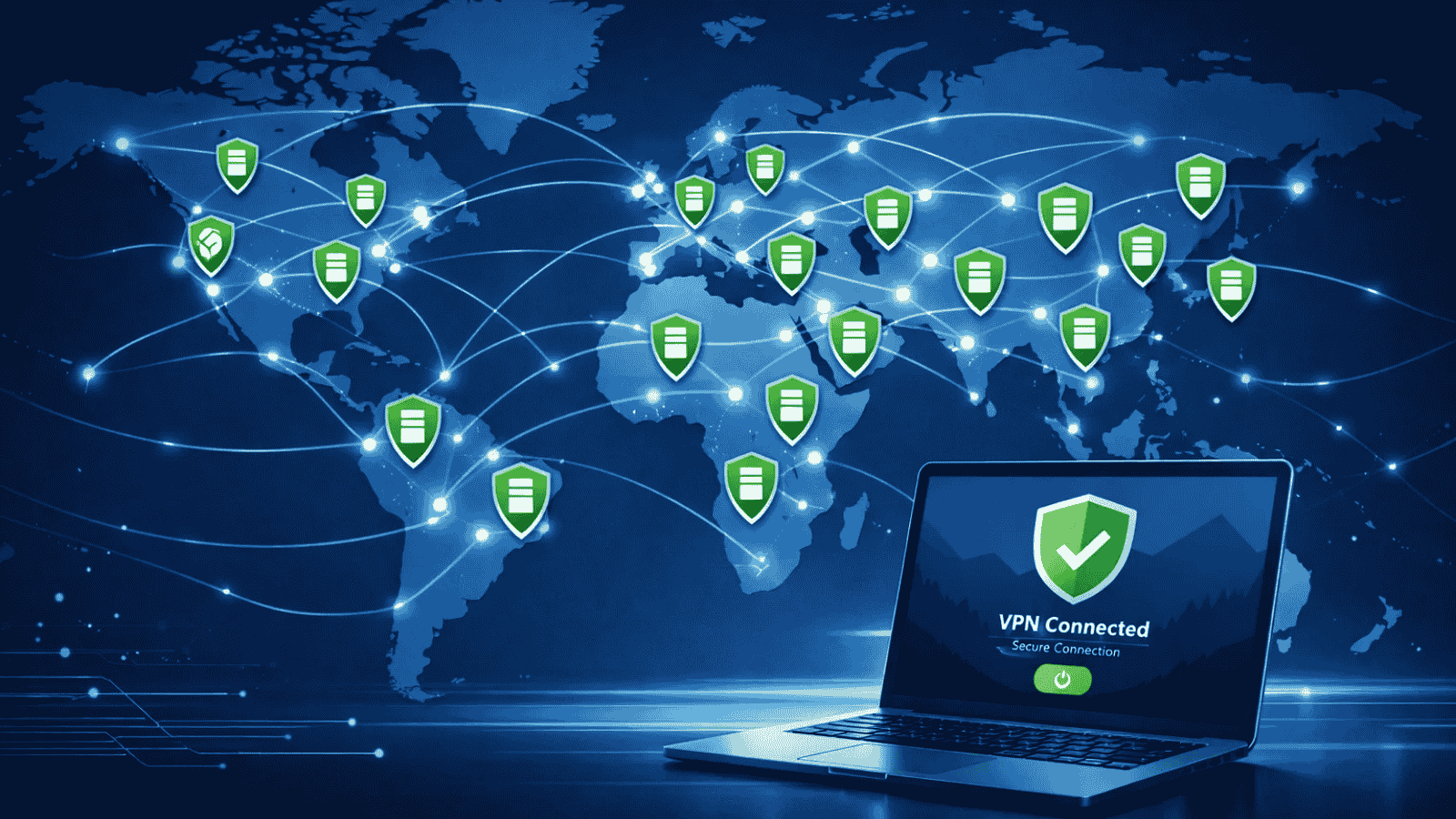
When you purchase through links on our site, we may earn an affiliate commission. Here’s how it works.
The Complete Guide to Hardware VPNs (Including Comparison with Software VPNs)
Read enough articles about VPNs, and you'll eventually come across this term: "hardware VPN."
The first time you hear it, things get confusing fast. Wait - aren't VPNs just software you download and install on your device? When did they become pieces of equipment you can buy? Can you actually buy a "physical" VPN that you can personally run in your home?
Well, things aren't that simple. But don't worry - we'll cover this topic in-depth in this article and try to make everything easy to understand.
What Are Hardware VPNs?
A hardware VPN is a stand-alone physical device that offers VPN connectivity. People also refer to them as "VPN routers" and "VPN firewalls."
The "stand-alone" part means hardware VPNs don't need to rely on other devices to run. They're the ones that manage user connections and handle the encryption/decryption process.
So, your device's CPU doesn't need to encrypt and decrypt data. The hardware VPN's built-in processor will do it instead. Also, you don't need to use third-party VPN servers since the hardware VPN takes their place.
Besides that, a hardware VPN can:
- Use built-in firewalls to secure your network.
- Support new tunnels to increase bandwidth.
- Offer dedicated IP addresses.
- Streamline remote access to the company intranet.
Having trouble picturing a hardware VPN in your mind? Here are two examples:
What Are Software VPNs?
Software VPN is a client you use on your device to run a VPN connection. Many devices and operating systems come with pre-installed VPN clients (like the Windows 10 VPN client), but you can use third-party ones too.
For example, if you download and install ExpressVPN's client, that's a third-party software VPN.
Software VPNs are usually very intuitive, and you don't need technical know-how to use them. If you use third-party clients, you don't need to worry about server infrastructure because the provider takes care of everything.
Hardware VPNs vs. Software VPNs (Pros & Cons)
Most of you likely only know about software VPNs, so you're probably wondering right now - are they the best option? Or should you look into getting a hardware VPN instead?
The answer would have to be a "no" for most of you. To help you understand why, here is a quick comparison of hardware VPNs vs. software VPNs:
The Price
Let's start with the most important question - how much is a hardware VPN going to cost you? Will it be cheaper than a software VPN?
We can tell you right now that no, it won't be cheaper. It will actually be much more expensive. Keep in mind that you are buying a physical device that handles VPN connections on its own, not a simple digital subscription.
Hardware VPN prices vary, but you should expect to pay anywhere between $50 to $1,000 or more. Take the hardware VPN examples we gave above: Linksys charges $190 for their device, while Zyxel solutions start around $250 and can go as high as $1,000 or more.
And those are just the upfront costs. Setup and maintenance costs might add to the final price tag too.
Comparatively, a 15-month ExpressVPN subscription would cost you about $99.95 with their current deal. A NordVPN 3-year subscription would cost you $125.64 (going down to $3.49 per month).
And there are no surprise costs for installing software VPN since it's a very simple process. Also, the VPN provider takes care of everything related to maintenance.
Conclusion: Software VPNs are a much better investment - especially since VPN providers often offer discounts. Hardware VPNs, on the other hand, are pretty expensive.
Security
Both hardware and software VPNs offer decent security. Hardware VPNs are a bit riskier, though, since cybercriminals love to target them. Also, they can suffer zero-day vulnerabilities that hackers can easily exploit - as they did with Sangfor SSL VPNs.
Manufacturers usually fix those issues fast deploying security patches, but not all hardware VPNs update automatically. In some cases, the firmware needs manual updating. And other times, companies that use hardware VPNs postpone the updates so that they don't cause any downtime.
Also, you need to be very skilled to maintain and monitor it. If (like most people) you're not, you'll need to hire a dedicated IT specialist to check it on a regular basis. And if you run a business, you'll obviously need competent IT staff to do regular maintenance. Otherwise, vulnerabilities can slip by undetected.
With software VPNs, things are more relaxed. The provider takes care of all the maintenance. Plus, there are no setup errors to worry about since installing software VPN is a very straightforward process. And best of all - vulnerabilities are easily patched since the updates are very simple to install.
Really, the only danger is picking a shady VPN or a service that infects you with malware. So you need to choose a legit VPN you can trust. Preferably one that doesn't keep logs, offers Kill Switches, doesn't leak data, and has strong encryption - such as ExpressVPN or NordVPN, for example.
Related: Here’s What VPN Services Won’t Tell You About Their Connection & Usage Logs
Conclusion: It's basically a tie. Just keep in mind hackers tend to focus on hardware VPNs more because businesses use them a lot. Also, zero-day vulnerabilities and setup errors are more likely to put your data at risk. Security usually is a problem with software VPNs only if the service isn't reliable.
Unblocking Content
Time for something that's on everyone's mind - which type of VPN is better at unblocking geo-restricted content?
Well, a hardware VPN can't actually do that since it's a physical device that you buy and install in one location. If that's your office or home in the US, you can't use it to unblock BBC iPlayer. You'll have an American IP address when using it, after all.
Unless you plan on spending tens of thousands of dollars to set up hardware VPNs all over the world, they can't help you bypass geo-blocks.
Software VPNs, on the other hand, are great at unblocking content. Most providers have thousands of VPN servers around the world, so you should be able to unlock any website you want from the comfort of your home.
Conclusion: Hardware VPNs can't help you here. They only have one geo-location - where you install them. Software VPNs, however, have hundreds (and even thousands) of locations to choose from.
Device Compatibility
Hardware VPNs don't need to run on any platform. Instead, they are a platform that Internet-connected devices use to get secure VPN connections.
For example, with a VPN router, any device that connects to the Internet through it will automatically run a VPN connection.
Now, software VPNs work on most operating systems. However, some devices just don't have any native support for them - such as smart TVs or gaming consoles.
Luckily, you can solve that problem by simply setting up the software VPN on your router. It's not a very simple process, but we have a helpful guide that should make things easier for you.
Conclusion: Any device that connects to a hardware VPN automatically runs a VPN connection. Software VPNs, however, don't work on all platforms. So, you'll have to configure them on your router to offer VPN connectivity to all devices in your home/office.
Speed
In theory, hardware VPNs should be faster because they have built-in processors that handle the encryption/decryption process. Since encryption is one of the main factors that contribute to VPN slowdowns, that obviously helps a lot.
Also, you can equip the device with add-ons to make it even faster. For example, if your device runs the Sabai OS, you can use their VPN Accelerator (VPNA), which is basically a mini-PC. If you don't mind the price tag, which is a whopping $450!
Software VPNs can deliver decent speeds as well, though. Hardware VPNs were the clear winner a few years ago, but now it's more of a tie. Modern software VPNs don't have such a huge impact on OS resources, and providers use lightweight protocols like IKEv2, SoftEther, and WireGuard to offer smooth, stable speeds.
What's more, the top providers on the market offer unlimited bandwidth, thousands of servers to choose from (so distance doesn't cause slowdowns anymore), and they optimize their servers for speed.
Conclusion: Hardware VPNs can be faster sometimes, but that speed doesn't come cheap. Software VPNs can offer similar speeds at a much lower price - as long as you pick a good service.
User-Friendliness
Hardware VPNs are much more complicated to set up and use. After you pay for one, it needs to be shipped to you, and you have to install and configure it. Next, you need to maintain it constantly.
You might think that's not too hard since Google can help you, but consider this - not all hardware VPNs have nice interfaces that make things simple or automatic updates, so setting them up and maintaining them is pretty time-consuming.
If you run a business, things aren't that bad since your IT team will take care of it - if they're skilled enough, that is.
Software VPNs, however, are extremely straightforward. You just pay for a subscription online, download and install the app, run it, then connect to a server, and boom - you're using a VPN.
You don't need to worry about any stressful setups, wait days or weeks for the delivery man to show up, and you don't need to do any regular maintenance since the provider takes care of that.
Conclusion: Software VPNs are the clear winner. They have intuitive designs that even your grandmother could understand.
Scalability
How easily can each type of VPN adapt to growth?
Well, a single hardware VPN is normally enough for a family - even if it's a big one. But businesses will need to buy add-ons to support more connections as they grow. And that's definitely going to be expensive.
Related: Best VPN Solution for Business
Software VPNs are much more flexible and budget-friendly, though. They support multiple simultaneous connections, so they're perfect for any home or small business. Worst case scenario, companies would need to buy extra subscriptions - unless they use a VPN with unlimited connections like Surfshark.
Conclusion: Software VPNs offer easier and cheaper scalability since you don't need to buy expensive add-ons.
Remote Access
Hardware VPNs are pretty much made for remote access. They're difficult to set up, and configuring them to offer remote access is hard. But if you have a skilled IT team, things should go alright.
Remote access can be a bit tricky with software VPNs since IP addresses constantly change and cause authentication problems. However, you could use a VPN with dedicated IP addresses (like NordVPN), which you can whitelist.
Conclusion: Hardware VPNs excel at remote access, but software VPNs can handle it pretty well if you use dedicated IP addresses.
Who Should Use Hardware VPNs?
Given the cost and what they're good at, hardware VPNs are perfect for medium/large corporations or government/military agencies.
They have enough resources to invest in quality models and add-ons. Also, they likely have enough manpower, so there won't be any strain put on the IT team when it comes to setting up, configuring, and maintaining the device.
A hardware VPN can work well for a family as well, but only if you are looking for a way to enjoy more Internet privacy and secure your online connections. If you want to unblock streaming sites, consider software VPNs.
Zyxel's hardware VPNs are pretty decent options. Feel free to browse them right here - just check the "VPN Firewalls" section.
If you'd like to check out some VPN routers, try NETGEAR Nighthawk R7000 or Linksys WRT-AC3200.
Read More: The Best VPN Routers You Can Buy – Bulletproof Options That Bring The Ultimate VPN Security!
Who Should Use Software VPNs?
Anyone who goes online, and even small businesses, really. Software VPNs are perfect for anyone who fits in those categories.
For online users, software solution is ideal because it's cheap, easy to set up and use, and offers you exactly what you need - access to geo-blocked/censored content, data security, and Internet privacy.
Let's face it - you likely don't need a complicated and expensive hardware VPN to remotely access your home computer while you're at work or on vacation.
As for small businesses, software VPNs are an excellent option because they're not a huge investment, you don't need a dedicated IT team monitoring them 24/7, and your employees don't need extensive training to learn how to use them.
Just make sure to get dedicated IP addresses if you can. They make remote access much easier.
Now, let's talk recommendations:
- For online users: ExpressVPN, NordVPN, Surfshark, and CyberGhost
- For small businesses: Perimeter 81, NordVPN Teams, OpenVPN Access Server
What Do You Think About Hardware VPNs?
Do you agree that they're only suitable for businesses, or do you think they would benefit regular Internet users too?
If you answered yes to the second question, go ahead and share your thoughts in the comments or on social media. We're looking forward to hearing from you!

